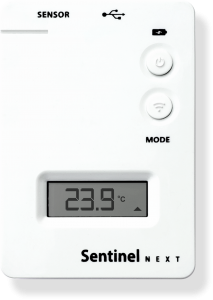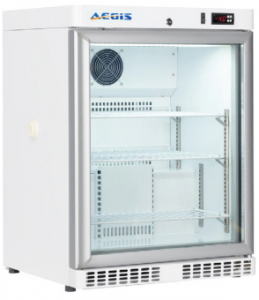Appropriate drug storage and distribution is vital in order to ensure effective and potent medication reaches the target audience. When it comes to appropriate drug storage and distribution, more than one industry is involved. Ensuring the safety and protection of the drug from the time it is manufactured to its consumption lies in the hands of more than one stakeholder.
The establishment of good practices related to the process of drug handling, storage and distribution aids in safe and smooth movement of the drug through the supply chain while ensuring that the potency of the drug is not compromised. It is vital for these good practices to be appropriately determined according to the requirements of the drugs, and also appropriately communicated to all members in the supply chain.
An important part of ensuring safe transportation or distribution of the drug from manufacturer to consumer is a durable and reliable carrier. Most sensitive drugs such as vaccines often require to be placed in a medical refrigerator that ensures stability of temperature throughout the transportation process. A good carrier assures complete drug efficacy by following all the guidelines set by the CDC for drug storage.
Typically, the temperature required to safely store drugs in refrigerators lies between 2°–8° C. For freezers, the required temperature is lower, ranging from -25° to -10° C. Positioning of refrigeration units should ensure protection from environmental extremes. It is also advisable to have temperature recording devices sensitive enough to record temperature fluctuations and also generate temperature area maps.
It is considered good drug handling and storage practice to utilize automated temperature monitoring alarm systems that monitor and maintain a track of the temperature of the unit. It is also essential to protect drugs throughout its storage and distribution process from environmental factors like humidity.
Sensors that detect changes in humidity can prove to be beneficial in maintaining potency of the drugs being stored and distributed. It is important for all sensors and monitors to be calibrated or certified in accordance with the National Institute of Standards and Technology (NIST).
In accordance with all the good practices related to drug storage and distribution, Aegis goes the extra mile by ensuring all these practices are followed appropriately. Our medical refrigerators’ temperature ranges between 35.6 °F to 46.4 °F (2°C – 8°C) to ensure the potency of the drugs and vaccines stored within.
Our temperature sensors are built for continuous, automatic monitoring. They are sensitive to not just the minutest of temperature fluctuations, but also changes in environmental factors such as humidity. differential pressure and CO2. In case of any environmental or temperature related concerns, the sensors’ alarm system is immediately activated. Notifications are sent out via emails, text messages and our mobile application to prompt immediate action.
All our fridges and freezers are sensitive to power failures, temperature fluctuations, system-related failures and even battery issues, that trigger an alarm so that immediate action can be taken. Our monitoring systems are compliant with the requirements of the 21 CFR 11 as well as the National Institute of Standards and Technology (NIST).
In case you are curious about our refrigerators, freezers as well as sensors and how they could be beneficial to you, you can browse through our products to learn more about them. You can also speak to our representative by calling us on 1-800-796-2344, and we will be happy to help you.
Sources:
- https://www.cdc.gov/vaccines/hcp/admin/storage/downloads/temp-fridge.pdf
- https://www.cdc.gov/vaccines/covid-19/downloads/transport-temperature-log.pdf
- https://pharmacy.ks.gov/docs/librariesprovider10/default-document-library/ups-36-good-storage-and-shipping-practices.pdf




